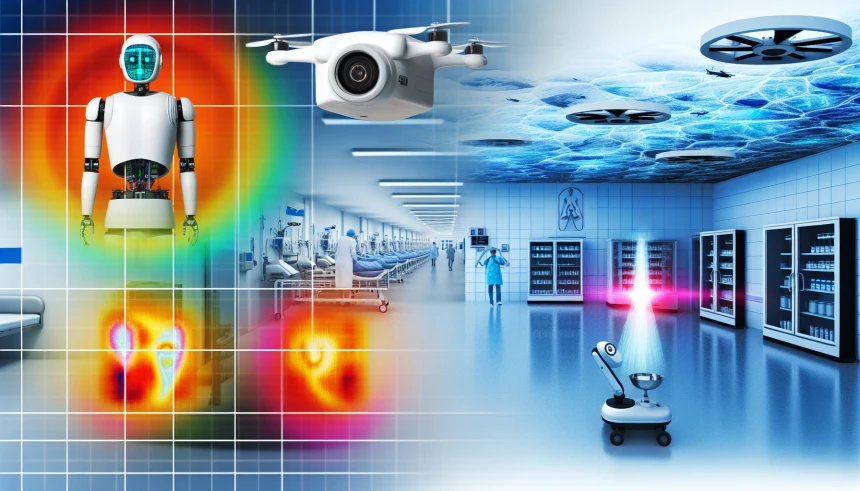AI’s Role in Combating Disease and the Coronavirus
Discover how AI is revolutionizing the fight against COVID-19 and other diseases, from surveillance to vaccine development.

Artificial Intelligence might be the new kid on the block, but it’s already throwing some serious punches in the fight against COVID-19. Sure, we all saw the facial recognition for surveillance coming (hello, sci-fi movies), but some of AI’s moves? Totally unexpected game-changers. Let’s dive into how AI is stepping up against the pandemic—lessons we might just need for the next big outbreak.
Take South Korea, for example. They’ve turned AI-powered facial recognition into a sort of digital detective, tracking down where the virus might spread next by following the trails of those infected. It’s been a huge part of why they’ve kept cases under control. Pretty slick, right?
And it’s not just about watching people. AI’s giving old-school contact tracing a high-tech makeover, making it faster and way more accurate. Then there’s the thermal cameras—no humans needed, just AI spotting fevers from a distance. Because let’s face it, standing in line for a temperature check is nobody’s idea of fun.
But wait, there’s more. AI’s also crunching numbers like a pro, finding patterns and potential treatments at speeds that’d make your head spin. Plus, it’s on the front lines against fake news, zapping COVID-19 myths and scams before they can do harm. Talk about a multitasker.
In hospitals, AI robots are the new heroes—delivering meals, meds, and even cleaning rooms to keep the virus from hopping between patients and staff. And drones? They’re not just for cool aerial shots anymore. They’re delivering supplies and, yes, keeping an eye on quarantine zones (though, okay, the privacy debate is heating up).
Looking ahead, AI’s potential is just… wow. From turbocharging vaccine research to predicting where the next outbreak might hit, its impact on public health could be massive. So, while AI might have started as the underdog, it’s quickly proving it’s here to stay—and save the day.
